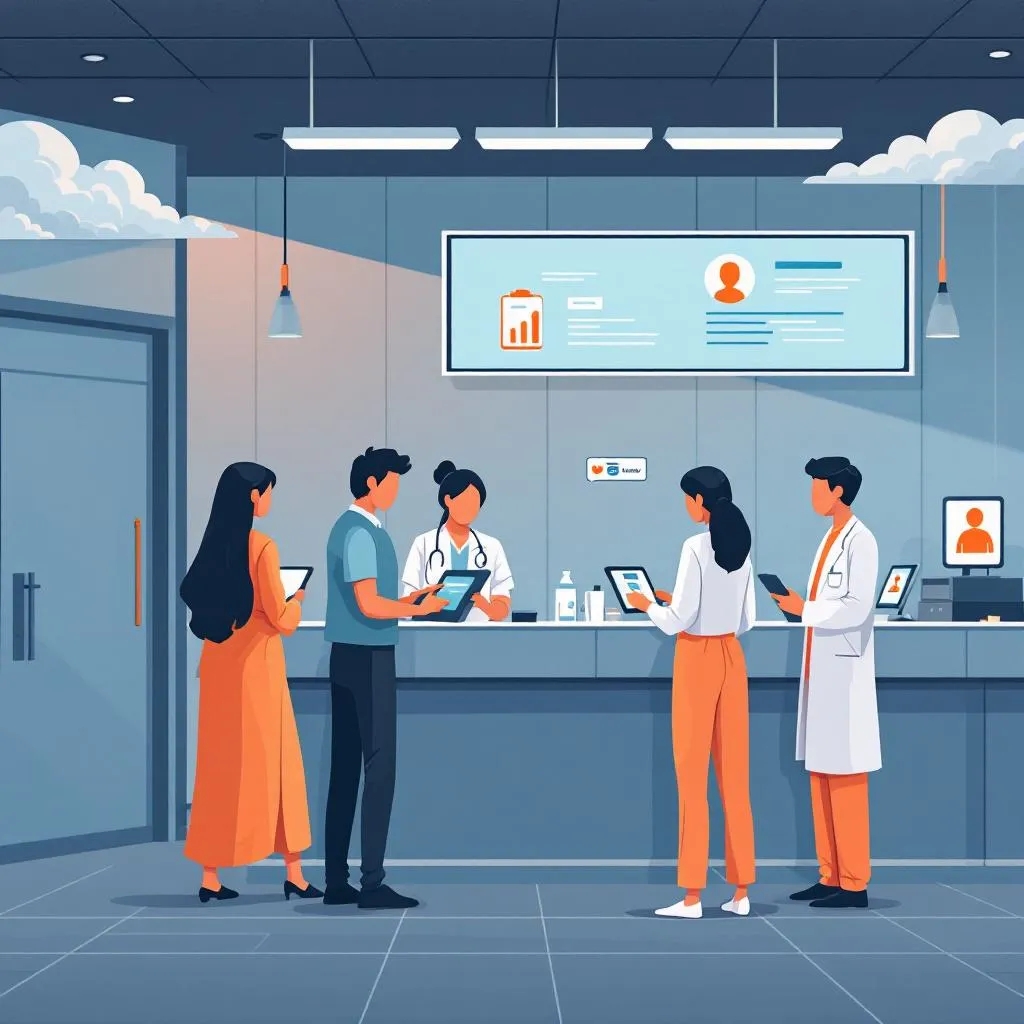
Introduction
India’s healthcare sector is evolving, with digital technology driving improvements in patient care, operations, and compliance. Hospital management systems (HMS) are at the forefront, enabling clinics, hospitals, and diagnostics to streamline every aspect of their services.
Why Digital Hospital Management Matters
1. Centralized Patient Data
An HMS centralizes patient records, prescriptions, and test results—making it easy for healthcare providers to access up-to-date information anytime, anywhere.
2. Automated Scheduling and Billing
From online appointment booking to automated billing and payment processing, digital solutions reduce administrative workload and enhance patient satisfaction.
3. Inventory and Pharmacy Management
Track medicines, consumables, and equipment in real time, reducing shortages and ensuring optimal resource utilization.
4. Regulatory Compliance
Meet the requirements of NABH and other healthcare standards with built-in compliance features, audit trails, and secure data storage.
5. Telemedicine and Remote Care
Modern HMS platforms enable video consultations, e-prescriptions, and digital follow-ups—making healthcare accessible beyond city centers.
Future Trends
- Integration with AI for predictive diagnostics
- Mobile-first patient engagement
- Advanced analytics for hospital performance
Conclusion
Digital hospital management is essential for delivering efficient, high-quality care in India’s growing healthcare sector. Investing in a comprehensive HMS benefits both providers and patients.


